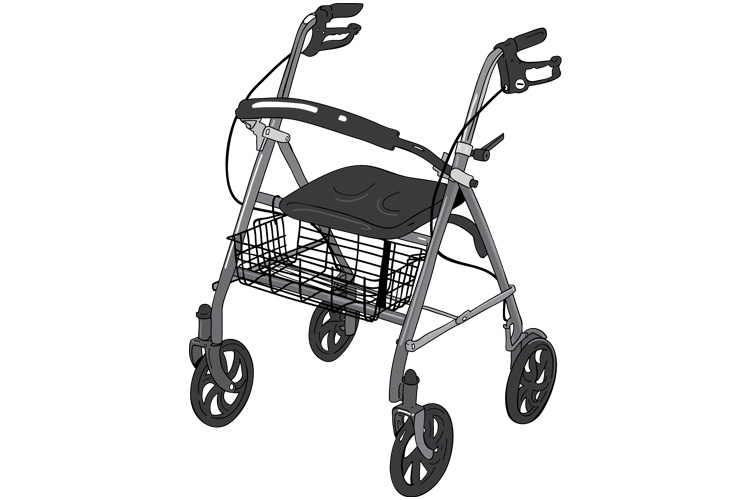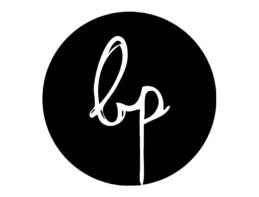
(diasporous prose)
West Melbourne
At the dress-for-less store, a woman asks me where I got the walker. I tell her it’s my mom’s and that she’s in the bathroom. She says it’s hard for her to walk these days and I think of this unwalkable city (least walkable in the US, says Wikipedia). I walk it as best I can, with my bunion and my misguided flaneur nostalgia. I walk it as I walked San Juan. But the future is not walkable. The future doesn’t work. Unworkable. Austerity means to network with no net. The mobility of workers is prized. Delivery. The lady delivers me from the city as lived.
Ybor City
A guy meets my gaze. Cute smile. Puerto Rican. I heard him talking to his friends. De aquí o de allá. I move on. I’m not looking. I have a boyfriend. I’m looking for myself instead. After the drag queens and before the go-go boys. Black, white, and brown, the Americas are here. Diasporas meet. I think of Pulse. Post-terror moves. Bodies policed. Austerity is the disappearance of spaces physical and psychic. The emptied out geographies of longing. Some nameless trap rumbles from the ceiling, a spare and haunted voice that could be mine. I text a friend from the Bronx but I just missed him. I end up at a late-night counter. Who will grab a bite of me?
Kissimmee
At Melao Bakery with my mom and my cousin. He cracks us up like he did in the 80s. Doing impressions depression lifts. Reminds me of the days before austerity. Colonial trappings. Melao as in the sweet part of the cane. Monoculture capitalism. The violence that links Puerto Rico to the US South. I’m sure my cousin is not thinking about that, a former good cop on the island now working three jobs, skipping meals to live the stateside dream. To live in one’s car.
Melbourne
Mom has limited mobility so the communion comes to her. The pastor’s accent is hard to place. He’s been here a while. The body of the lord is queer. No más. No master. No mastery of tongue. But I guess this is outreach, communion is community. The body of crisis. We associate diaspora with mobility. Forced. But what of a diaspora disabled and displaced, disaster-shaped like the mouth of the polluted river that feeds into the nearby Atlantic? Slave histories. Silences that ensure our suffering. Who died for us? The word of gods within. Without. Sin.
Palm Bay
Letting go of her walker, my mom asks the man behind the pawnshop counter where he’s from. Cabo Rojo, he answers. West part of the island. My mom says she could tell. I couldn’t. I walk across old laptops and headphones, toaster ovens and guns, wondering what diaspora means to him. He’s the manager, but who manages him? It’s a franchise chain in a strip mall town Wikipedia calls the least walkable in the US. City that can’t be walked, missing barrio, and yet I walk past the nails salons and outlets smelling ackee and oxtail, all-you-can-eat-sushi, empanadas, pernil lonche, all becoming one, the alchemy of synesthetic transit. Mom walks too when she can, slowly, as if to hold on to something that isn’t here. We all do. No bay here. Just the palms of our hands.
Tallahassee
The day my mother almost died we drove back through the canopy roads and I walked in the dark to the creek to watch the moonlight meander its way into brackish water while an orchestra of terror rustled through the trees. There were cats to feed and bills to pay and somehow one was supposed to answer phones and notify family. We would find our way through it like a gator crossing the service road, but only after weeks of cafeteria food and praying cousins and watching black birds under deregulated skies and getting billed and shamed by the overlords of supremacist medicine. The hate and conspiracies blared on television screens one could not change, but only seek to expel from one’s dreams like toxins in the intravenous night. This part of the world is flat and we are fleeting, displaced, writing floods from memory.

